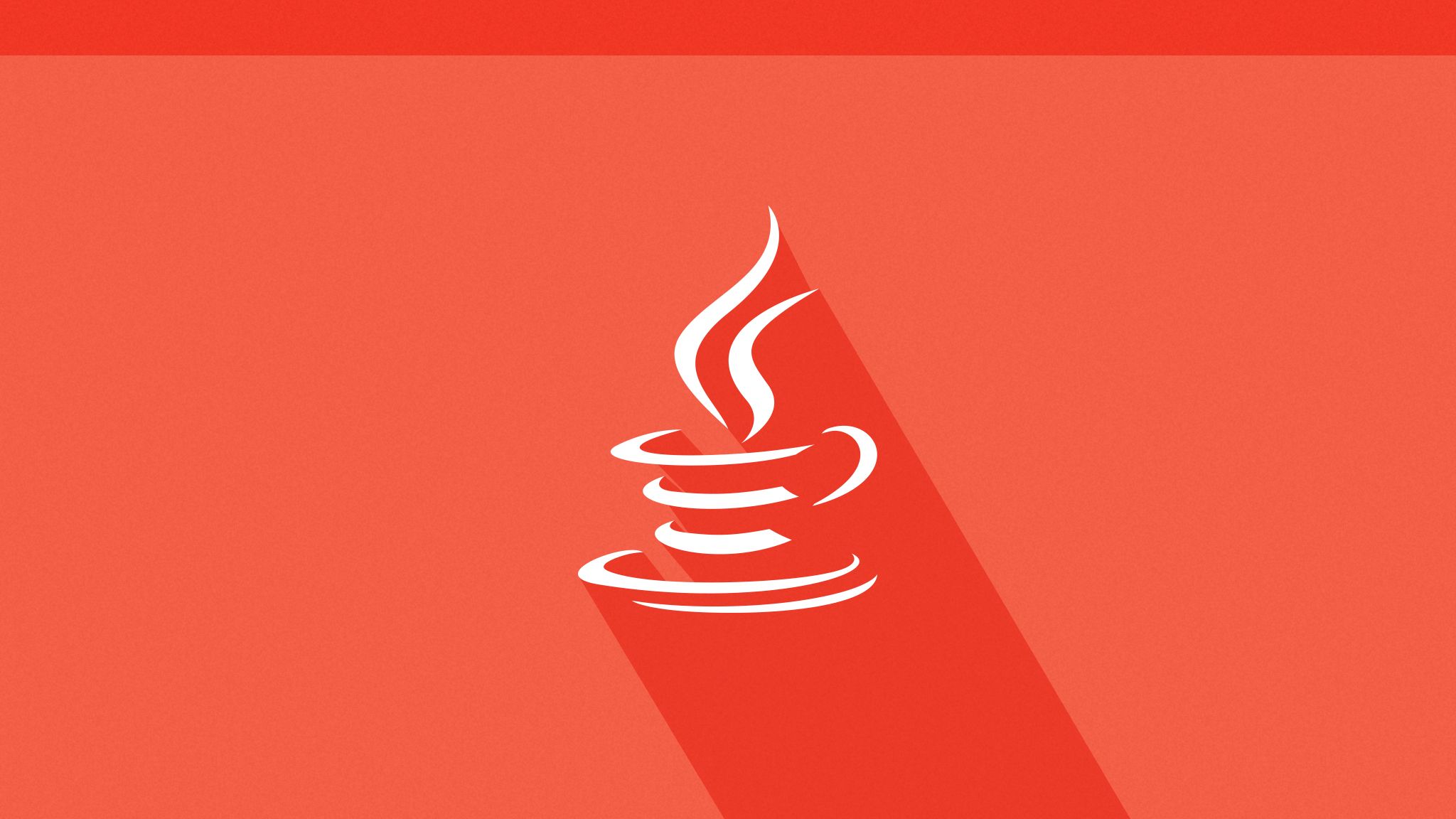
In this benchmark, sixteen clients connect to a simple microservice that takes each event and sends it back again. This is for the same small 44 byte object. This suggests that the rate new objects can be allocated is quickly saturated by even a small number of cores, increasing the average latency with more threads. Allocation Rate and Average LatencyĪ benchmark that just creates short lived TopOfBook objects, across multiple CPUs, produces a similar result. It is the allocations rather than the time to clean up these very short-lived objects that takes time.

The total time spent in GC was about 170 milliseconds per minute or 0.3% of the time. Only 0.3% of the time was in the Garbage Collector If this data has to be persisted it must first be copied, because Objects are reused to reduce Object creation. This provides a simple object pooling strategy to avoid allocations. The default behaviour for reading events in Chronicle Wire is to reuse the same object for the same event type every time on deserialisation. This doesn’t sound like much however, in this highly optimised, high throughput context, this reduces performance by 25%. One extra allocation for each event adds 166 ns or so. Results Benchmark on a Ryzen 5950X with Ubuntu 22.10.Īcross 16 clients, an event is sent in both directions. While allocation is as efficient as possible, it cannot avoid the memory pressure on the L1/L2 caches of your CPUs and when many cores are busy, they are contending for memory in the shared 元 cache. Allocation is supposed to be a very cheap operation and garbage collection of very short lived objects is also very cheap.ĭoes not allocating really make such a difference? What difference does one small object per event (44 bytes) make to the performance in a throughput test where GC pauses are amortised? One of the key optimisations is creating almost no garbage. This article looks at a benchmark passing events over TCP/IP at 4 billion events per minute using the .channel package in Chronicle Wire and why we aim to avoid object allocations.

Peter likes to inspire developers to improve the craftsmanship of their solutions and his popular blog “Vanilla Java” has.

JAVA OPENJDK 1.8 CODE
Peter Lawrey is a Java Champion and Oracle Code One alumnus.


 0 kommentar(er)
0 kommentar(er)
